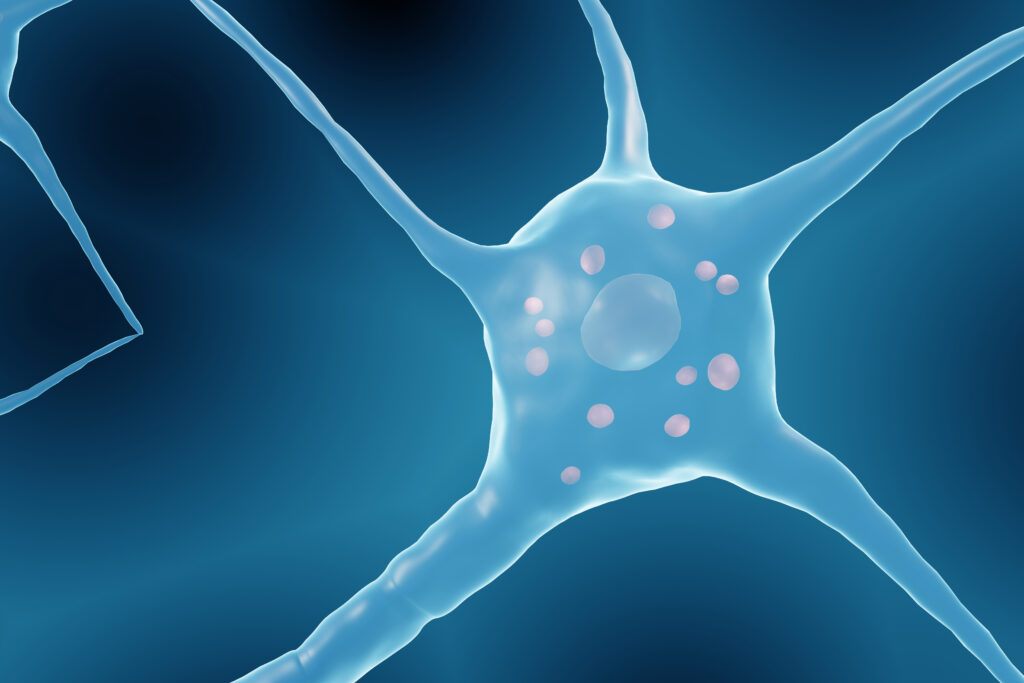Lewy Body Disease
11.28.2022

Lewy body disease is a progressive neurological disorder primarily affecting thinking, memory movement, mood and sleep. The disease is caused by protein deposits called Lewy bodies in the brain. It is one of the most common causes of dementia and affects more than one million people in the United States. Lewy body disease has some very specific symptoms.
- Cognitive symptoms of LBD include visual hallucinations, loss of concentration, attention, and wakefulness, difficulty problem solving and loss of memory.
- Movement problems are also associated with the disease and may include rigid movements, tremor, and shuffling resulting in falls.
- Sleep difficulty is common and may cause acting out of dreams by punching, yelling, kicking and screaming.
- Mood changes occur and may include depression and apathy.
Unfortunately, there is no cure for Lewy body disease. Some medications may help but side effects of the medication may lessen their benefit. Lewy Body dementia is devastating to both the patient and family. Having a plan to manage the symptoms will allow both the patient and primary caregiver to live life as fully as possible. Use the following tips as a guide.
Tips for Living with Lewy Body Dementia
- Educate the patient. Knowing what to expect reduces anxiety surrounding the disease, increases safety and allows planning for the future, both for you and loved ones. Obtain and carry a LBD Medical Alert Wallet Card to advise others of cognitive or mobility problems if and when you are unable to do so.
- Educate the caregiver. Caring for someone with dementia can be challenging. The better caregivers understand the symptoms and progression of the disease, the better they will be able to predict and manage the behaviors and struggles associated with the disease. It will also help loved ones accept changes in behavior while knowing when to seek professional help.
- Focus on the good days. Unlike other forms of dementia, symptoms of Lewy Body dementia vary day to day. Plan for a good day but accept that a bad day may happen and tomorrow is another day.
- Take care of the caregiver. A caregiver running on empty will not benefit either the patient or the caregiver. It is not possible to effectively provide care 24/7. Reach out to family or agencies in your community to get respite.
- Emphasize the remaining abilities. Because LBD is a progressive disease, skills will decline over time. Instead of focusing on lost skills, look for abilities that remain. Take a shorter walk, plant a flower pot instead of a garden, look and talk about previously completed DIY projects rather than start one.
- Choose your battles. Hallucination and delusions are challenging symptoms of LBD. Arguing about their presence is not effective as they appear very real to the patient. Addressing the fear is often more effective.
- Be intentional about scheduling. Make a list of things you and your loved one may enjoy. Choose one to do each day but be flexible in the event of a bad day precludes doing the activity. Focus on quality of activity, not quantity.
- Physical exercise. Physical exercise has been shown to slow down the progression of dementia. It builds strength and lessens the risk of falling. It also improves mood for the patient and caregiver.
